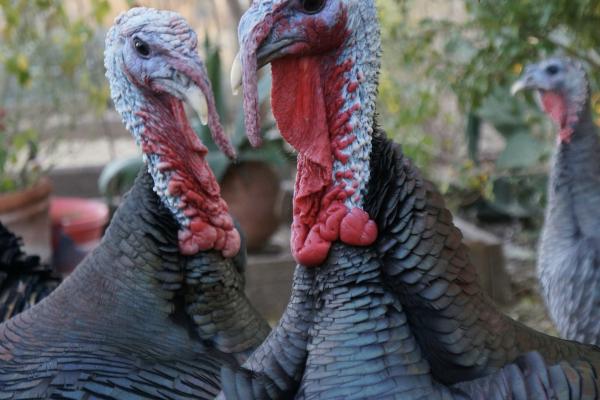Newly funded: Pinpointing a genetic cause for PPID in horses
April 6, 2021

A team of researchers at the University of Minnesota College of Veterinary Medicine (CVM) led by Molly McCue, DVM, MS, PhD, DACVIM, associate dean for research and professor in the Department of Veterinary Population Medicine at the CVM, recently received nearly $60,000 from the Morris Animal Foundation to investigate the genetic risks for equine pituitary pars intermedia dysfunction (PPID). PPID is common in older horses and poses significant morbidity and mortality rates. It can be difficult to identify PPID in a horse until clinical signs become apparent, including chronic infections or laminitis, and the disease may have already been present for months to years before diagnosis. By that time, treatment cannot reverse all of the clinical effects, so researchers must help establish early diagnostic strategies for veterinarians to get and stay one step ahead of PPID in their patients. Work by the team’s collaborators has determined that PPID is primarily due to a neurodegenerative process where certain neurons are damaged, negatively impacting the endocrine system. Borrowing from human medicine advancements in Parkinson’s research, the CVM research team recently used whole-genome sequencing to identify hundreds of PPID risk alleles in a cohort of 36 horses. They suspect that one or more of these alleles are associated with increased PPID risk. In order to provide primary evidence for the role of these identified genes or alleles, scientists must now validate these alleles in a larger cohort of well-phenotyped horses to establish significance and differences in allele frequencies. The funding began March 1, 2021, and ends March 1, 2023.
Photo by Guillaume de Germain onUnsplash


